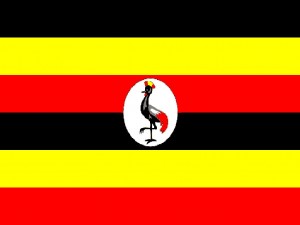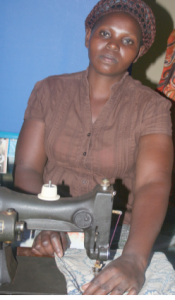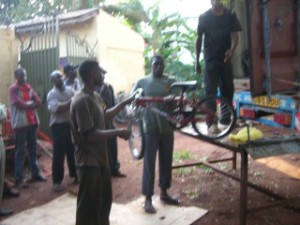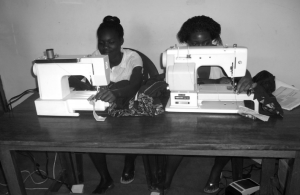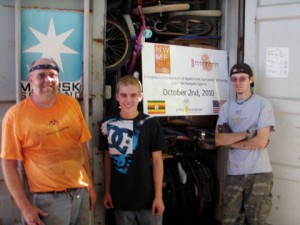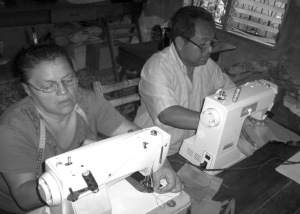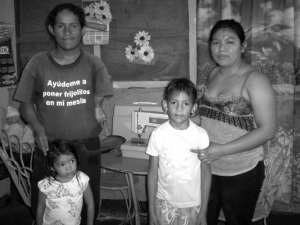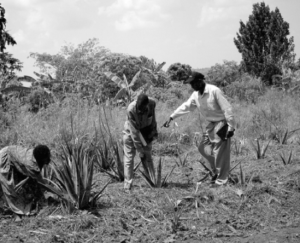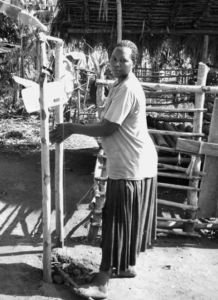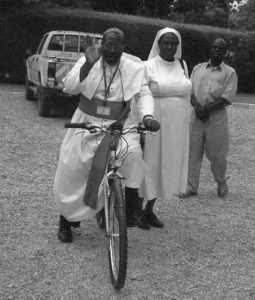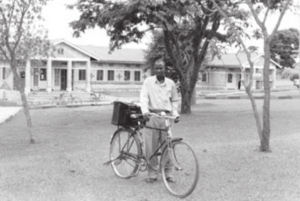by Charles Mulamata, Founder and Co-Director of EIT
At the Entrepreneurship Institute of Technology (EIT), formerly known as the EIAAT, we believe that entrepreneurs are the key to the future and that there is an imperative need for young Ugandans to learn viable skills and to be able to earn a living using them. The spirit of entrepreneurship is that one identifies opportunities, builds a business based on these options and creates jobs that transform the community. EIT helps these entrepreneurs find ways to do so, by providing training and helping identify sources of start up funds.
Uganda is on target to meet its goal of halving poverty and hunger by 2015. Uganda’s, according to the U.S. government’s global hunger and food security initiative Feed the Future, “is one of the fastest growing economies in Africa, with sustained growth averaging 7.8% since 2000” and a “2.9% growth in agriculture.” Despite these recent gains, Uganda still suffers from the hardships of unemployment, poverty and food insecurity. The average Ugandan must live on less than $1.25 a day and thirty-eight percent of children who are under the age of 5 suffer from what is called stunting (chronic malnutrition). What is important to note is that the population of Uganda is growing at the second highest in the world (3.2%). This boom has led to 75% of the population being under 30 years old, with fifty percent under the age of 15. Imagine the societal ramifications if these young adults remain unemployed, hence, unproductive and idle.
In order to stimulate entrepreneurship and job creation in Uganda, we need to celebrate success stories more. We also need to re-orient the education system to make it relevant to the needs of today, which are enterprise, wealth creation and production. This will change the mindset of young people and make them understand that indeed the traits of a successful entrepreneur can be acquired.
Studies also show that when gains in income are controlled by women, they are more likely to be spent on food and children’s needs. When investment is in women’s businesses, benefits are amplified both within the family and across generations. At the Institute, we offer courses in tailoring and provide the individual’s first sewing machine. These machines are available because of our partnership with P4P and their continued dedication to making affordable, reliable equipment available to us. Students learn the value and importance of saving income by allowing them to pay a regular installment towards the permanent acquisition of these sewing machines so that when they graduate from the tailoring class, they already own the equipment and can immediately open a tailoring business and begin to earn income that will enable them to expand the business by investing in more machines. Applicants not only learn how to use these machines but also how to ensure productivity by keep a schedule of regular servicing and maintenance. This, we have found, makes the students learn to use the sewing machines carefully, creating a tradition of responsibility and focus, which they carry with them into their working lives.
There never seems to be sufficient capital to be an entrepreneur, especially on your first venture. The Institute’s students are also assisted in identifying sources of funding. The Ugandan government has set aside 44 billion shillings in the 2011–2012 budget for the Youth Entrepreneurship Venture Capital Fund. Startup businesses and very small-scale enterprises can be given 100,000 to 5 million shillings. With Uganda’s massive unemployment, 100,000 shillings (roughly the equivalent of $35 U.S. dollars) can make a huge difference in helping a jobless graduate get started. There is less emphasis in Uganda on coming up with a truly unique idea or a revolutionary product than there is on securing ways of delivering simple solutions to ordinary problems.
There is no need for a perfect business model, but there is demand for those who work hard, and are willing to stay the course and gain experience and expertise. Public opinion is often a detriment to Ugandan women venturing out on their own. With the skills they learn and the pride of having earned their first and subsequent sewing machines, “What will people say?” is replaced with “How much have I earned this week and how well fed is my family?” It is the end result that counts. P4P and EIT offer the starting point so that young Ugandans generally and women specifically may take the lead.

